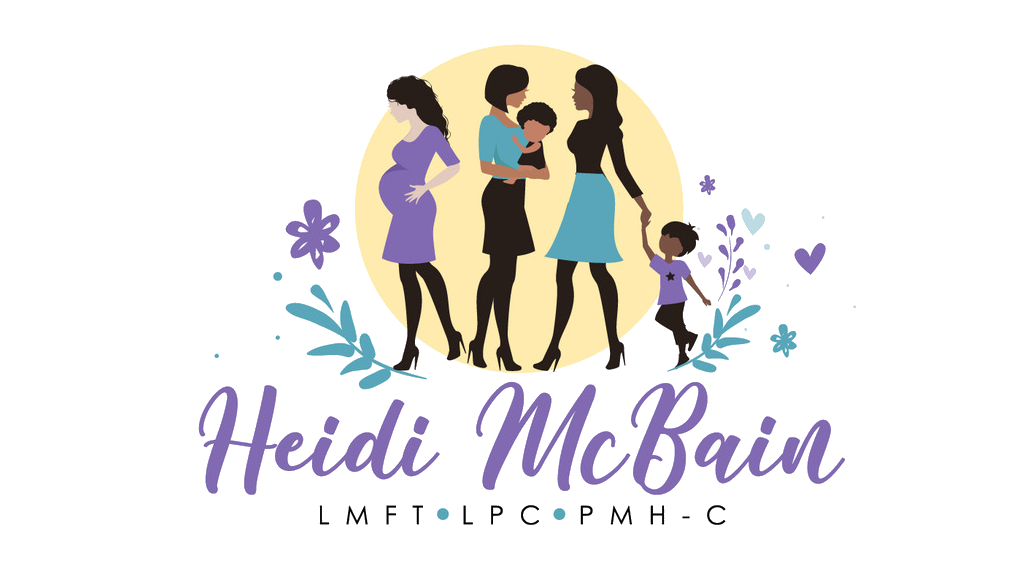 Just because no one else can heal or do your inner work for you, doesn’t mean you can, should, or need to do it alone.
Just because no one else can heal or do your inner work for you, doesn’t mean you can, should, or need to do it alone.
-Lisa Olivera
We all have our reasons for going to therapy when we do, for as long as we do, for why we stop going and ultimately restart our sessions, etc. But, because there’s still a stigma in society around going to therapy in the first place, it makes therapy really easy to weaponize. What does this mean? It means taking something positive that a person is doing to heal, better themselves, and enhance their life in a profound way, and turn it into a negative to personally attack them around. Isn’t it ironic that the person working on themselves is being attacked about working on themselves, whereas the person attacking them for being in therapy is often the person really needing (or also needing) to work on themselves?
So, let’s dive in starting with the many reasons why someone might be going to therapy:
- To work through past trauma
- To grieve the loss of a person (or other things in their life)
- They’re experiencing a major life change/life transition
- For emotional support (especially if they aren’t getting these needs met by the people in their everyday lives).
- To learn ways to lower mental health symptoms from anxiety, depression, etc.
- To learn to set and maintain better boundaries with others
- Because they are struggling with parenting issues
- Because they are struggling in their relationships with their partner or other people in their life
- Because the perinatal period was way harder than they expected
- To become a better human overall
And many, many more very personal reasons. What else would you add to this list?
Ways therapy is weaponized:
- Calling the person going to therapy crazy
- Asking why they are still going
- Focusing on them not being “fixed” yet
- Making them the issue (or identified patient)
- Telling them they need another therapy session to deal with what’s currently going on in their life
- Making them being in therapy a negative
- Asking what their therapist would think about them if they knew the “real” them
- Defining the money aspect of therapy and mental health as a “bad investment”
- Saying, “it’s all in your head” and minimizing the real issues at hand
- Telling them that if they were stronger, they would be able to get through this themselves, without help from a therapist
Is there anything you’d add to this list? Again, the irony here is that the people making these types of statements that are filled with so much judgment and criticism, are often the ones that really need to be in therapy themselves doing their own work.
Self-care ideas for when you’re struggling emotionally:
- Talk to a therapist (and own that this is important to your mental and emotional well-being)
- Journal about your emotional struggles
- Allow yourself time and space to feel your feelings
- Meditate to help you feel more centered and grounded in the moment
- Focus on mindfulness and your five senses
- Go outside and focus on the beauty all around you
- Connect with loved ones who truly care about you and your mental and emotional wellness
- Spend time snuggling with your pet who loves you unconditionally
- Relax in bed and read a good book, watch your favorite show, etc.
What else helps you when you’re struggling emotionally?
If you’re in therapy right now, you know why you’re currently going to therapy. That’s your truth, and yours alone. If you’re getting pushback from a partner (or someone else) about your therapy sessions, remember that those are their issues, and not your issues. I’m sending lots of love and support your way as you set boundaries around what’s most important to you, and to your healing, as you move forward in life.



